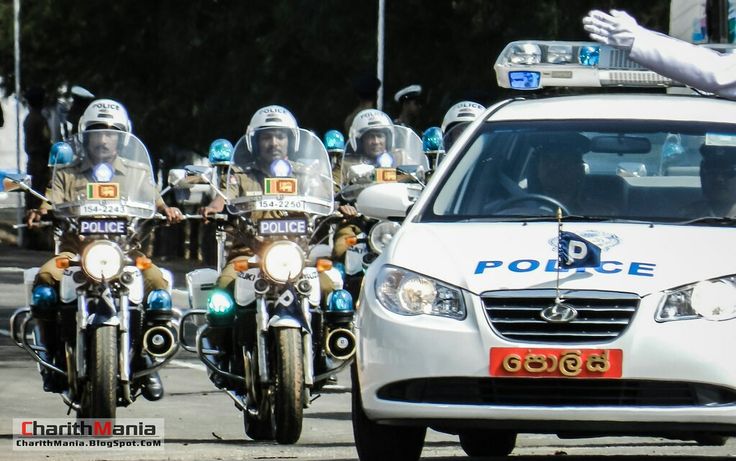General
Sri Lanka police to make mufti cars out of seized vehicles


ECONOMYNEXT – Packaging of a dozen Sri Lanka firms making 18 consumer goods brands made up over 53 percent of marine waste washing on the island’s shores, a survey by a conservation organization has found.
About 15 percent of the waste in the survey could not be identified by name and some of it could be from abroad. About 3 percent of the waste was identified as being transboundary material coming from South Asia and East Asia.
Pearleprotectors, a marine conservation organization, had conducted the survey on three days of September at 16 locations in the Western, Southern and Eastern shores of Sri Lanka.
“The analysis highlights the top 18 product names (brands) responsible for the largest percentage of marine waste in Sri Lanka,” a Marine Pollution Brand Audit by the group said.
“53% of all marine waste has been credited to one of the top 18 product names.”
The branded waste was where labels were visible.
“13% of all surveyed marine waste was categorized as ‘unbranded’ due to lack of visible label to identify the Product name or the company name,” the report said.
“Based on visual characteristics, many PET bottles had a distinct linkage to few of the top PET bottle manufacturing companies mentioned in the analysis.”
The surveyors had collected 8,057 items from the 16 beaches of which 6,865 could be traced to known brands. Another 1,038 did not have clear labels and 154 were from abroad (transboundary).
Among the branded waste, around 80 percent had come from 20 firms.
Unilever (14%), The Coca-Cola company (10%), Ceylon Biscuits Limited (9%), Nestle (7%), Cargills Ceylon PLC (7%), Maliban Biscuit Manufacturers Pvt Ltd (6%), Perfetti Van Melle (6%), Ceylon Cold Stores PLC (5%) and Hemas Holdings PLC (4%) accounted for the to 10.
The balance came from Prima Ceylon Pvt Ltd (4%), Fonterra Cooperative Group Ltd (3%), PepsiCo, Inc. (3%), Lanka Milk Foods (CWE) PLC (2%), Milco Pvt Ltd (2%).
At least one company had collected its branded bottles from a beach included in the survey the day before.
“This may have had an impact on the analyzed data depending on the amount of waste owning to the company which was removed,” the report said.
“While we believe it is important to be responsible for the waste generated by each of the companies, we hope the companies will sustain the collection back or removal of waste rather than being a one-time removal.”
“13% of all surveyed marine waste was categorized as ‘unbranded’ due to lack of visible label to identify the Product name or the company name,” the report said.
“Based on visual characteristics, many PET bottles had a distinct linkage to few of the top PET bottle manufacturing companies mentioned in the analysis.”
The surveyors had collected 8,057 items from the 16 beaches of which 6,865 could be traced to known brands. Another 1,038 did not have clear labels and 154 were from abroad (transboundary). (Colombo/Dec24/2022)








